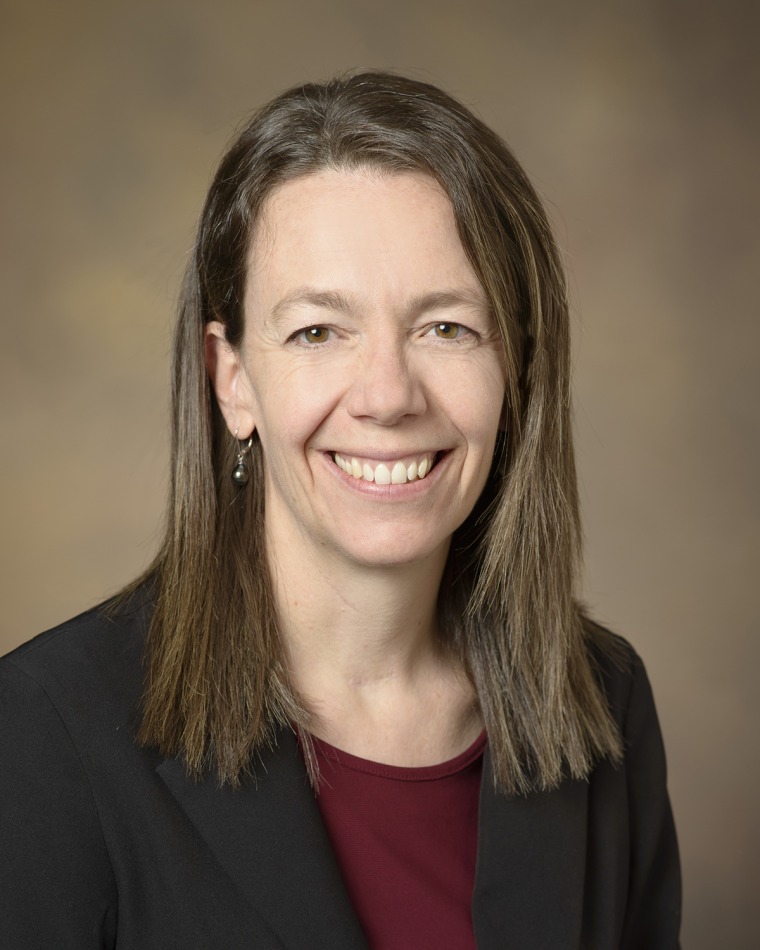PatriciaHaynes

1295 N. Martin Avenue
Drachman Hall A250
PO Box: 245209
Tucson, AZ 85724
Dr. Haynes, PhD, CBSM, DBSM, is an Associate Professor in Health Promotion Sciences with joint appointments in the Departments of Psychology and Psychiatry. She is also a licensed clinical psychologist with certifications in Behavioral Sleep Medicine from the American Board of Sleep Medicine and Board of Behavioral Sleep Medicine.
For 15 years, Dr. Haynes worked as a clinician and researcher within the Veterans Health Administration, where she conducted clinical outcome research examining treatment response in veterans with depression and posttraumatic stress disorder (PTSD). As part of her work, she developed and tested group Cognitive Behavioral Social Rhythm Therapy (CBSRT), a chronobiologically-informed therapy that helps veterans develop and maintain a consistent daily routine. She also participated in the national VA Central Office Cognitive Behavioral Therapy for Insomnia (CBTi) dissemination initiative. As part of this initiative, she served as lead author of the VA CBTi group therapy manual, assisted in the development of other training materials, and taught CBTi to mental health providers. With this first-hand experience administering, teaching, and researching evidence-based psychological and sleep interventions, she recognized the great potential for sleep health to protect against depression, stress-related disorders, and cardiometabolic disease. To address this need at a broader level, she transitioned to the UA Mel and Enid Zuckerman College of Public Health in 2015, where she studies stress and sleep in unemployed (PI: ADAPT, NHLBI) and at-risk working populations.
In addition to research, Dr. Haynes has over 20 years of experience providing clinical and professional services to organizations and individuals exposed to stressful life events and trauma. Currently, she provides professional services to the City of Tucson, where she precepts student projects, implements health promotion programs, and provides direct clinical services for fire service members experiencing stress-reactions like burnout, insomnia, depression, and posttraumatic stress disorder. Her primary therapeutic modalities are cognitive behavioral and third wave cognitive behavioral.
Dr. Haynes teaches HPS 620A, Advanced Research Methods, for doctoral students in Health Promotion Sciences. Beginning in Spring 2023, she will teach Sleep Health Coaching, a practicum course for undergraduates pursing a BA in public health. She mentors students at all levels in sleep and stress research.
Educational Background
University of Missouri-Columbia, BA, Summa Cum Laude, Psychology
San Diego State University, MS, Clinical Psychology
Southern Consortium Psychology Predoctoral Internship, New Mexico VA Healthcare System
San Diego State University/University of California, San Diego Joint Doctoral Program in Clinical Psychology, PhD
University of Arizona, Psychology Department, Postdoctoral Fellow
Degree(s)
- PhD
- CBSM
- DBSM

